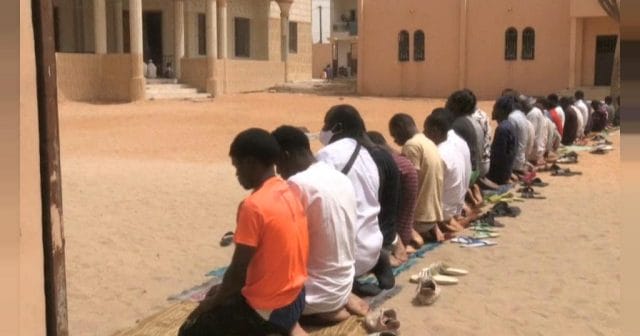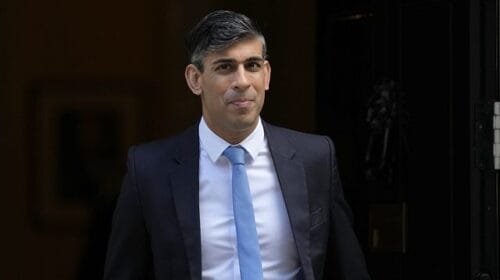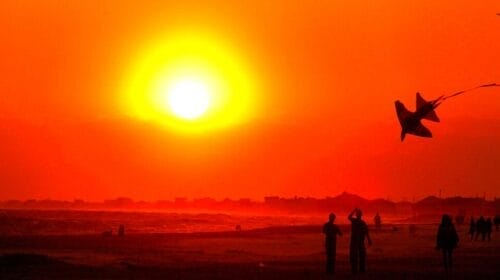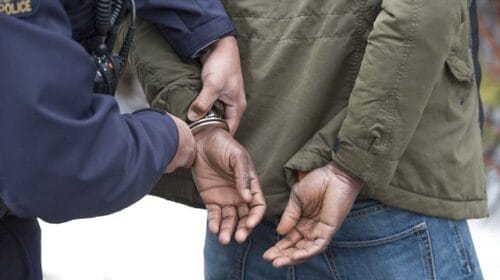Senegal: Prayers held for victims of deadly protest

Senegal’s opposition has called for a fresh rally in the capital Dakar on Saturday, days after the arrest of a rival to the president sparked the West African nation’s worst unrest for years.
At least five people were killed in clashes between opposition supporters and security forces, which were sparked on Wednesday by the arrest of opposition leader Ousmane Sonko, a government critic popular with young people.
The violence, which the opposition says claimed 11 lives, came as a shock in a country that is usually seen as a haven of stability in an otherwise volatile region.
Tensions only began to ease on Monday after a court freed Sonko from detention.
The 46-year-old was nonetheless also charged with rape, in a case which he claims was trumped up to smear him.
On Tuesday, an opposition collective that includes Sonko’s Pastef party called for a peaceful demonstration in Dakar this weekend, to press for the release of what it termed political prisoners.
The collective known as the Movement for Defence of Democracy, or M2D, also called for a day of mourning on Friday, urging people to wear white to commemorate dead protesters.
In Dakar, parts of the city where protesters had hurled stones at police and torched cars returned to calm on Tuesday, although military vehicles remained in position in the government quarter.
“I think things are going to calm down because Sonko has been released. He was unjustly arrested,” said Grace Baramoto, a 37-year-old housewife who stayed home for two days to avoid recent turmoil.
– ‘The revolution has started’ –
Sonko came third in 2019’s presidential election and is considered a contender to replace President Macky Sall in 2024.
But his political future was thrown into doubt last month after a beauty salon employee accused him of raping her.
Sonko was then arrested on charges of disturbing public order on Wednesday, after his supporters clashed with police while he was making his way to court for the rape case.
But the move sparked a violent backlash which saw protesters clash with police and loot supermarkets, highlighting long-simmering grievances over living standards and inequality in the poor nation.
Military vehicles and police squadrons flooded Dakar on Monday ahead of Sonko’s court hearing, which had been postponed, and thousands of protesters rallied on a central square in the seaside city.
Speaking after his release, Sonko declared that “the revolution has already started and nobody can stop it”.
He also urged the Senegalese people to keep demonstrating, adding that protests should be “much larger”, but also peaceful.
Addressing the situation on Monday evening, Sall appealed to protesters to “avoid the logic of confrontation which leads to the worst”.
The courts should be left to do their job “in all independence,” he added.
– ‘Authoritarian practices’ –
To Senegal’s political opposition, the rape case against Sonko fits a perceived pattern of prosecutions of government opponents.
The affair has drawn analogies with Karim Wade, the son of former president Abdoulaye Wade, who was prevented from running in the 2019 election after being convicted for graft.
The rape charge also comes amid uncertainty over whether the 59-year-old president will seek a third term.
Other West African presidents — such as Guinea’s Alpha Conde or Ivory Coast’s Alassane Ouattara — have used constitutional changes to win third terms.
Sonko has challenged the president to confirm, “publicly and unequivocally,” that he will not seek a third term.
“We believe that today we must impose an agenda on Macky Sall because the balance of power allows us to do so,” he said on Monday.
Maurice Soudieck Dione, a Senegalese political scientist, said that for the opposition leader to dictate terms to Sall represented a step forward in the country’s politics.
Sall was allowed to govern unchecked for a long time, according to him.
“If the president properly understood the message, authoritarian practices will have to stop,” Dione said.
Coronavirus restrictions, heavy-handed government, poverty and the arrest of Sonko all combined to trigger the crisis, according to the political scientist.
On Monday, Sall told youths who made up the vast majority of protesters that he understood their concerns, and also eased a curfew imposed to limit the spread of coronavirus infections.





